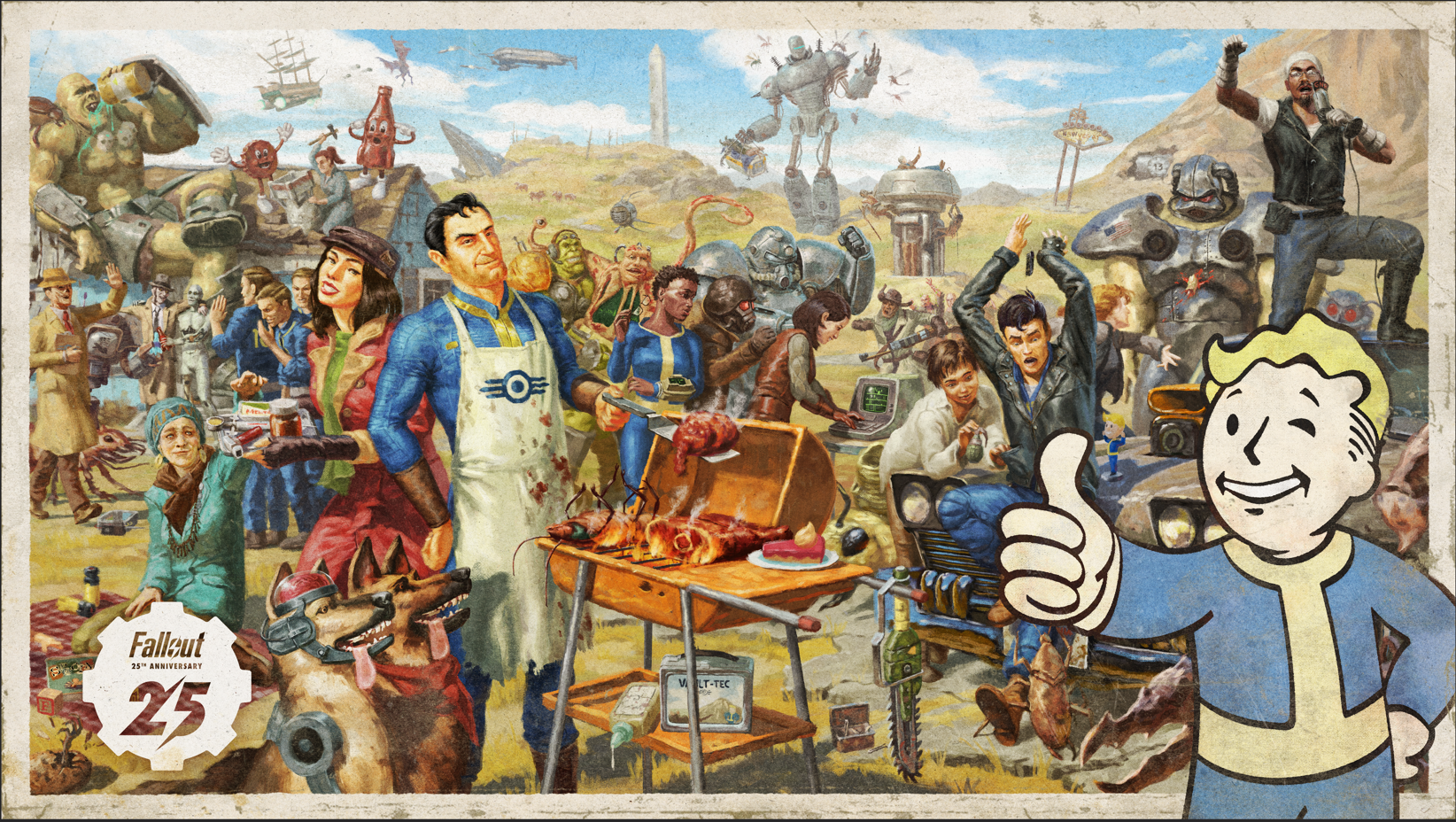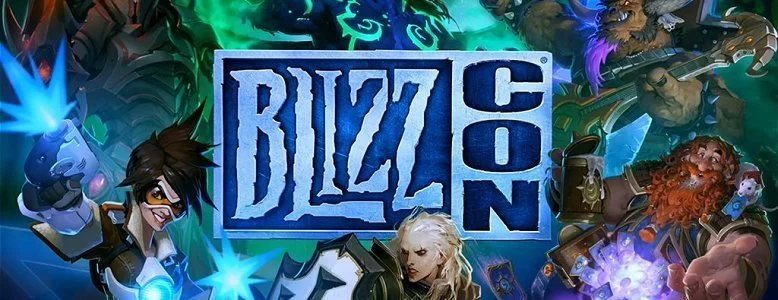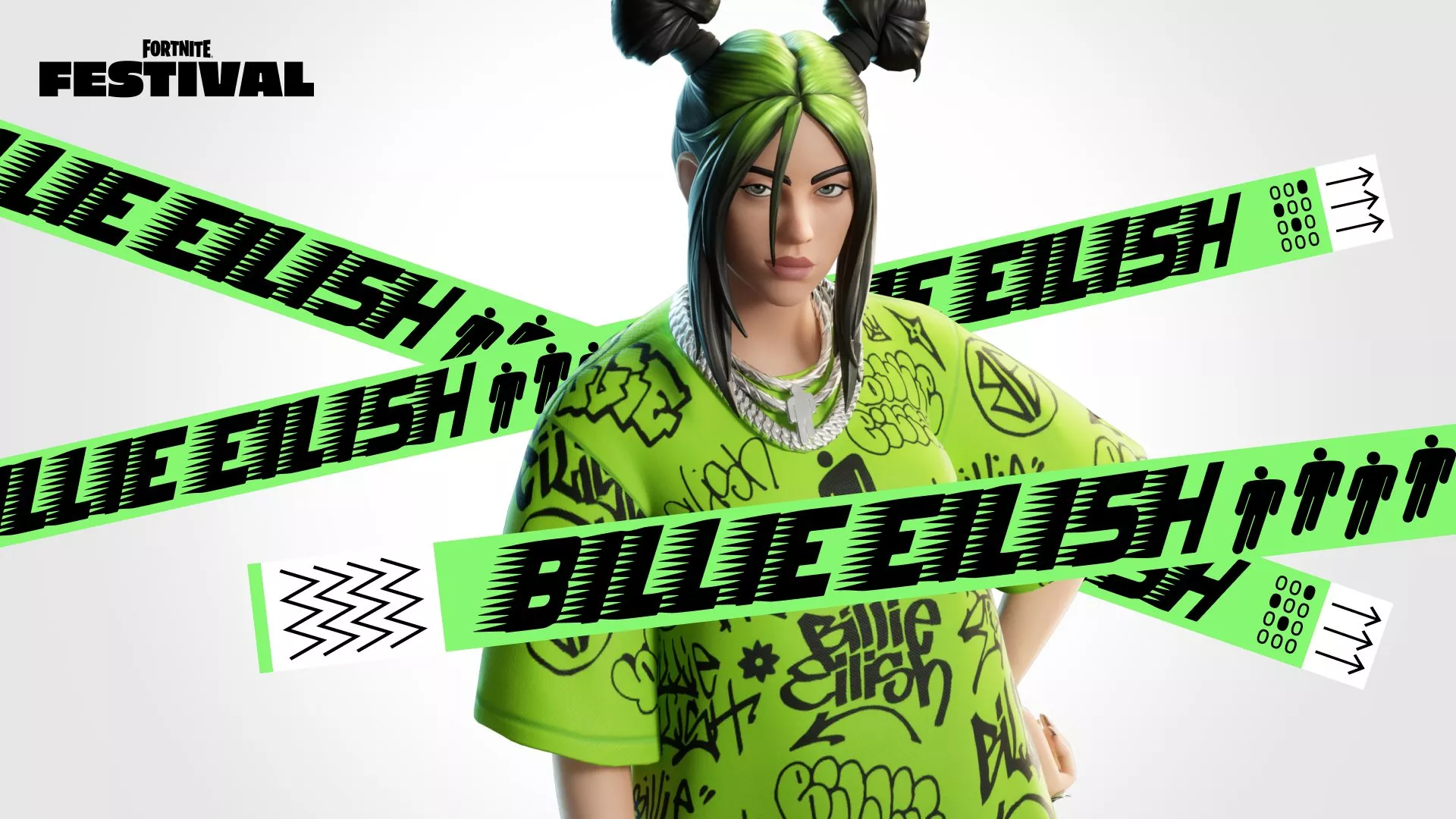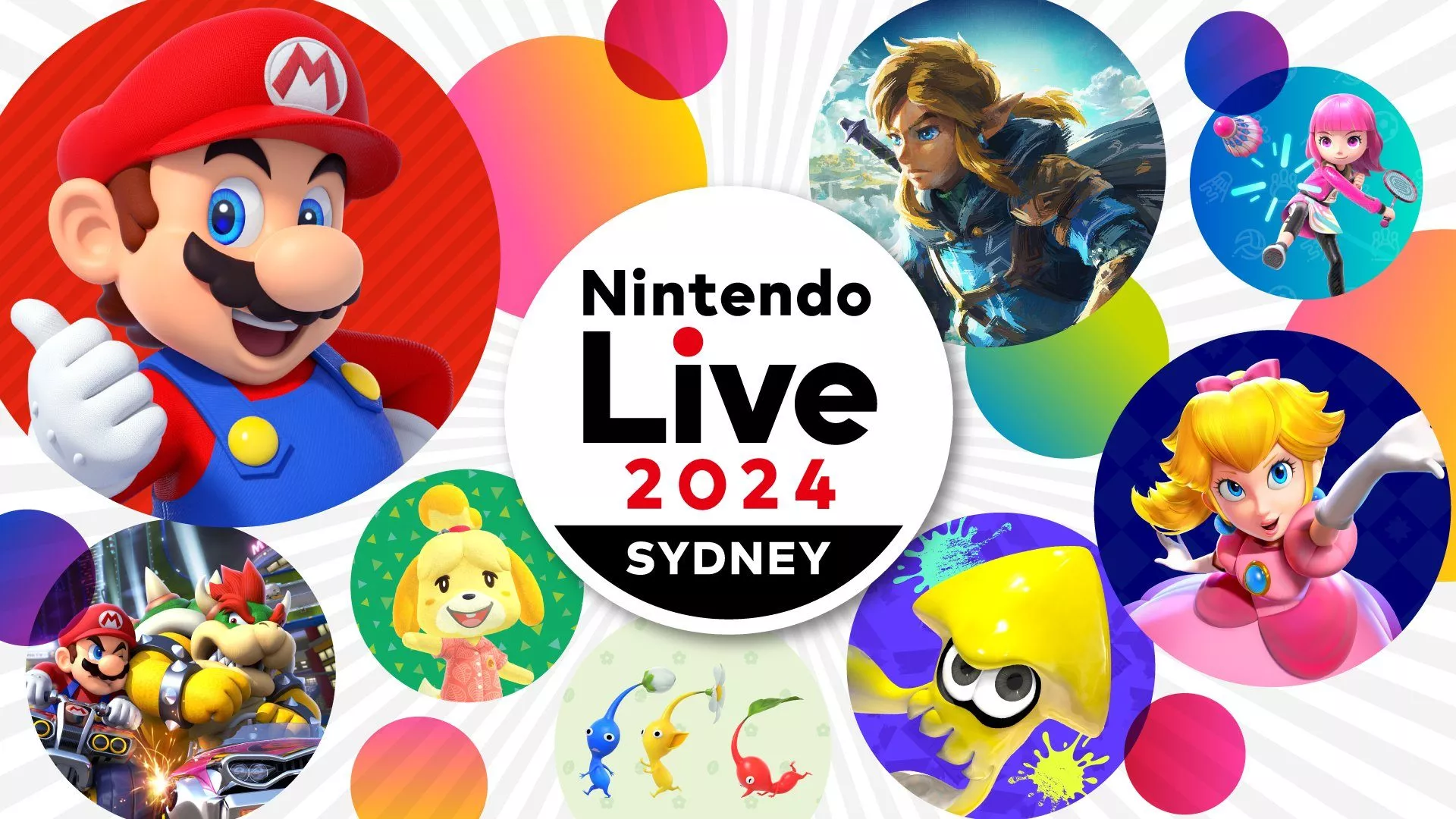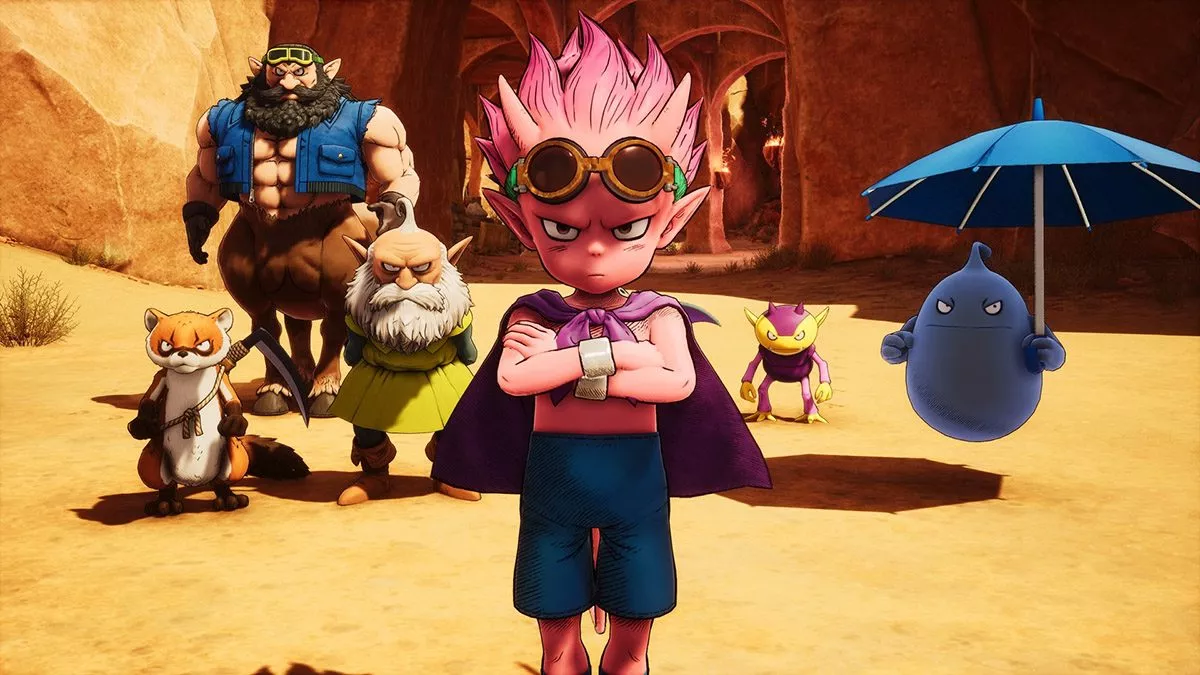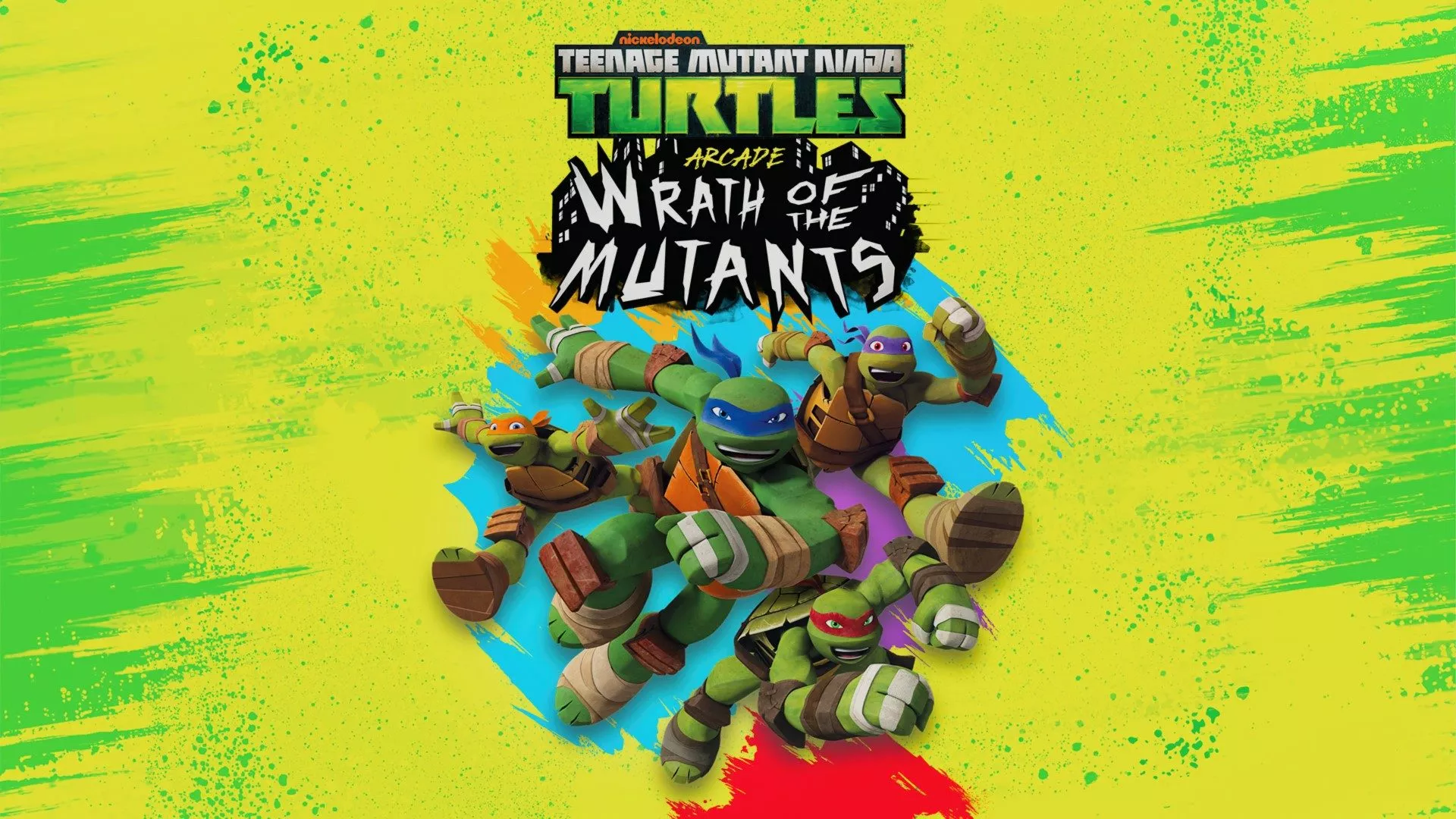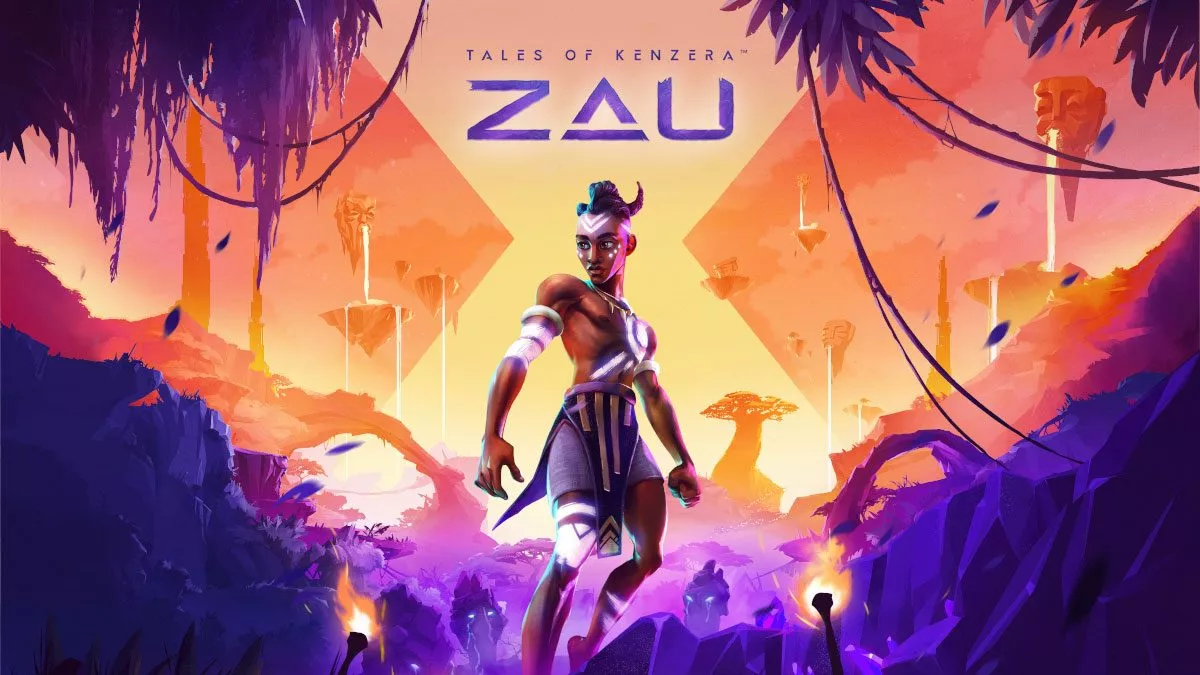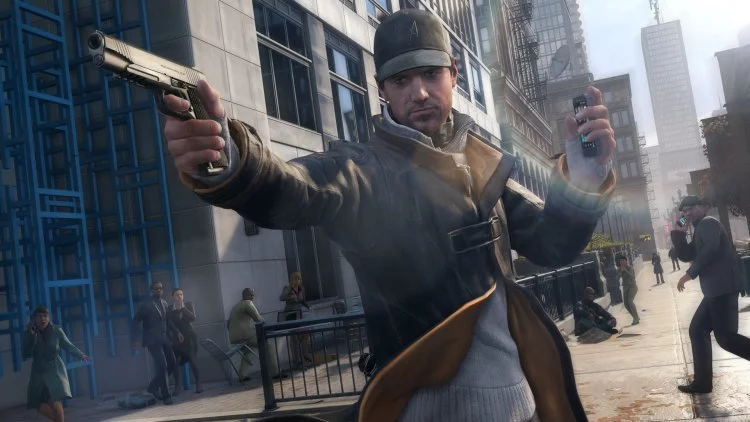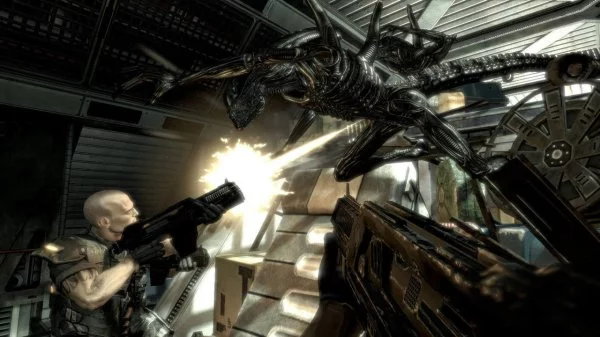Microsoft versus Sony, Battlefield versus Call of Duty and Forza versus Gran Turismo. These are some of the rivalries that can get people talking about console wars. “Game On or Game Over” is your place to get inside the minds of Nicholas and Andy as they seek to find the true meaning of gaming and tackle some of gaming’s most controversial subjects. Both are award winning authors – although the awards haven’t been mailed or created yet — but trust them. Would they lie to you?
Andy: One of the reasons I like writing these Game On or Game Over articles is we get a chance to talk about things that are on the minds of gamers. This week, I wanted to touch on something that has long bugged me about video games and how publishers operate on a whole. I’m not talking about anything game mechanic wise, control schemes, or even story (or lack thereof) direction. Rather, what I wanted to discuss is when developers/publishers talk about their games way before they are even ready to be released. I don’t mean the usual marketing blitz that happens leading up to a games release, by now we expect it.
What I’m referring to is when a developer/publishers speaks about a game years before it’s even close to being ready for release. The easiest example is Sony’s Last Guardian – a title that was announced for the PlayStation 3 in 2007. Fast-forward to 2015 and it still hasn’t been released, but there’s quite a bit of information, screenshots and video out there of the game. Yet it seems to be in an endless cycle of staying in the news without getting any closer to a release date. Of course that’s not the only game that gets talked about and never heard from again.
There have been several other games that have big presentations and Rainbow Six Patriots is another that comes to mind. Even for games that are eventually released, a long time between announcement and release seems odd. I have a friend that had Bioshock Infinite pre-ordered for five years. I just don’t understand the value or reasoning for a developer/publisher to mention a game at say E3 and then not talk about the game for 2-3 years. Especially in a worst case scenario where you get someone’s hopes up only for them to be let down if the game is cancelled. The little kid in my much prefers the surprise announcements of games, or DLC, releasing soon versus waiting years for a game to “finally” be released.
In an age where gamers are more in-tune with what’s in the pipeline, what’s being developed, and what right around the corner… is it really necessarily for them to talk about a game years before it’s even scheduled for release? Is there a drawback to them doing it? Or are there benefits to the practice as well?
Nicholas: I think it depends on how revolutionary or large-scale the developer/publisher believes their game might be, and then how much hype they’d like to drum up for it. So taking Bioshock Infinite as an example, everyone could have predicted it was going to be good. The sequels were well regarded in many gamer’s opinions, and the third instalment was bound to be well sought after. Contrast it to a game like FIFA15 and it doesn’t make nearly enough sense. Now that doesn’t mean I’m necessarily justifying developers doing this, but I can at least understand where it’s ‘understandable’.
Like I’ve said numerous times in the past, I’m not aware of what it takes to create a game, but I do know that they aren’t whipped up in 24 hours. Even annual releases like Need For Speed used to have almost 24 months in development with alternating studios working on games when the other were releasing their own. If a game is part of a sequel and instalments in those sequels happen irregularly, then I can understand the developers wanting to let their fans know what’s on the way. On the other hand, if it’s a more seasonal title, then telling people a new game is on the way any more regularly than 12 months in advance seems… ridiculous.
You mentioned the issue of a game being announced only to find out it may be cancelled at a later stage, but is that something a developer can really predict? I’m sure there aren’t many development studios (if any) that invest time and resources into a project only to scrap it before completion. In those instances, can we really blame developers for releasing information on a game that may unfortunately not make the light of day? Project CARS was announced years ago and was scheduled for release in 2014, however it’s been delayed three times now. Surely they wouldn’t have planned this when they initially started developing the game?
On the flip-side to what you’ve said, don’t you like when you hear a sequel you’ve always wanted or a game you always dreamed of is in the works? To find out that something you really wished for is on its way? Better than not knowing at all, no?
Andy: Honestly, if I had a choice on knowing about a game coming out for two years or finding out about it releasing in a short time, I’d rather take the latter. Let me explain why though. When a game is announced and has a long lead time (e.g. 2+ years) the developer traditionally shows off a clip or series of clips at the announcement. Gamers and press people get all googly-eyed and rave about how awesome it looks. Gamer logic is that, what we see there is the tip of the iceberg and can only get better. Yet games like Alien: Colonial Marines and Watch_Dogs have proved that what we see three years out, may be the best the game will look. The longer the lead time of a games release, the more unrealistic expectations and hype can become.
Now, when a game has a shorter lead time, it’s easier for me to keep my expectations in check. It also allows the developer to change the game up as needed during development, without shining a huge spotlight on things. Think of it like this, I announce a game that will release in three years. I show a video at E3 that’s five minutes long about a bunch of features and characters. During the development, a couple of those features don’t work quite how I intended. So, naturally I cut those features out. Word gets out that a feature or two has been removed and gamers get upset. They think either there are problems with the game, or that I cut something out to charge for it later as DLC. Announcing a game too early, in my opinion, is just asking for problems.
Annual releases are a different beast in and of themselves. It chuckle every year when the rumours swirl about the ‘next’ Call of Duty game, or Assassin’s Creed game. In my opinion those titles are just like the annual sports franchises. We know they are coming, we know when they will be released, but developers try to make it a big “surprise” that there will be the annual instalment with a big reveal and the hype machine. It makes me wonder, what is the reason we see those two hugely different approaches? What do you think the reason is that annual releases are shrouded in secrecy so often, while other games are talked about 2- 3 (or more) years before they are even close to release?
Nicholas: It all comes down to gamer expectations. Let’s start with the former. Take Assassin’s Creed as an example. Yes, we know a new title is going to be released annually, but the biggest question gamers want to know is the setting and period it’ll take place in. So for Ubisoft and the gaming community as a whole, the secrecy isn’t about the fact it’s in development – because we all know it is – it’s what we’re going to be seeing that gets hidden and then revealed. This wouldn’t make sense for all annual releases of course (such as FIFA) because it’s literally the same game re-released each year with gameplay and team changes. In the case of those sport annual titles, gamers too know they’re in development, they know roughly what they can expect, but it’s the little tweaks and improvements they want to know about – so that’s what’s shrouded in secrecy. No publisher wants to give all the details away about their game immediately, so they release those little titbits to drum up just enough interest to keep fans eager for the next release.
Let’s contrast this to those bigger titles though which aren’t released on a regular routine (e.g. Bioshock and GTA). For these titles, gamers ultimately don’t know they’re in development. Yes, we can all speculate that another sequel for both franchises is in the making, and based off their success it’s likely too, but we can never really know (not nearly as confidently as CoD anyway). So developers will tease gamers with the fact it’s at least being made and a few details so the salivation begins to happen. That’s just my take on it anyway.
You mentioned above though about the possibility that what’s revealed 2-3 years out may be the best the game will look – and it’s that word ‘may’ that I wanted to focus on. Aliens was a fantastic example because it was so shockingly horrible, but really, how often do those scenarios happen? How often is a game (that really has potential from a major studio) teased a few years out that turns out to be a flop? If we stick with our running examples, both Bioshock and GTA were stellar examples. Surely those give you confidence that it’s not always doom and gloom if we receive details earlier than usual?
You also mentioned that games will have features chopped and changed during development – but isn’t this just part of the natural process of making games? Lately I’ve been watching episodes of ‘Did You Know Gaming’ on YouTube, and each video talks about changes and cuts which are made to games – and they are usually all really popular and successful games too. Could it just be the cynic in you (and many gamers) that assume changes during development mean something’s going wrong? Why don’t we see it as a refinement process?
Andy: Oh, I personally don’t have a problem with things being cut from a game or changed. Far be it from me to tell a game developer what they should, or should not include in a game. My issue is more to the point of, if they were patient and waited to announce their game than most people would be blissfully unaware of what was changed during the process. Watch_Dogs when it was first revealed was stunning, much like Aliens: Colonial Marines. Yet, when it was released the majority of people seemed let down and disappointed by the final product.
Maybe I’m being old fashioned here, but I like the motto less is more. I like the teaser trailers, and the trailers that purposefully show you a lot, while at the same time not showing you anything. We’ve talked a little about this before, but I hate how the industry has turned from surprising gamers with actual gameplay while we are playing the game. To showing all their cards months, or years before the game is released. I personally don’t see the need for a game to have ten (or more) different trailers, showcasing every little aspect of the game. Staying on the example of Watch_Dogs, prior to release there were a lot of different trailers for it. Several of them had a particular character (T-Bone) in them. However, during the game Ubisoft tries to weave this nice subplot around a mysterious character but if you had seen even one of those trailers the surprise reveal was totally wasted. You already knew what was going to happen, who it was, and what his role was. I remember playing that part of the game and saying to myself “Oh, so that’s who that is.” Even before starting the mission. It was disappointing.
I don’t think I’m being cynical or too picky, but maybe I am. When I play a game I like to get the full experience, find surprises and be amazed. It’s one of the reasons I don’t watch ‘Let’s Play’ videos or even watch people stream on Twitch. If I want to have a passive experience I’ll watch a movie. When I have a controller in my hand I want to be the one that does the exploring and solves the puzzles. To a certain extent I think the gaming industry does a worse job than the movie industry in terms of trailers. They are both on the same path though in terms of revealing too much too soon. Am I in the minority in thinking less is more? Do you think we will ever get back to that line of thinking, or is it only going to get more saturated with trailers and information as we go now?
Nicholas: I’m not sure if you’re in the minority, but you’re certainly not alone. I for one and right with you – I avoid most (if not all) trailers for upcoming games I want to buy for the very reason you mentioned above – so many of them seem to spoil pivotal characters and story elements before we’ve even had a chance to play them ourselves. It’s this reason I’ve not watched any trailers for the upcoming Furious 7 film, or why I don’t listen to new tracks of Tech N9NE’s soon to be released album ‘Special Effects’. When the final product is released and I finally get my hands on it, I want to go in with no over-hyped expectations and without knowing what I’m going to expect. That way, it truly is a new experience.
Do I think we’ll go back to less trailers with less spoilers? Goodness no. This is the information age where people are so thirsty for knowledge we actually care why Kim Kardashian coloured her hair blonde. I know I’m jumping from games here, but it’s the same across everything – people want to know as much as they can as early as they can. The solution though is fairly simple and we’ve discussed it before. We need to kill the Batman.
OK, so Bruce isn’t the answer, but the solution lies with you and I. We discussed a similar issue with overhyping games quite a while ago and I think it ties in nicely here. If people like you and I don’t want the game spoiled for us, much like how you handle Let’s Plays, we just need to stop exposing ourselves to them. Most trailers can be skipped (if there ads) so if you want to know less, you just need to stop watching them. Doesn’t that therefore allow those who want more to have it, why still allowing those who want to know less to avoid it? Is there really an issue then?
Andy: To a certain extent yes. With the caveat of, if you are in the camp of not wanting to see things it’s extremely hard to avoid everything. You and I are both fairly active on social media and even you have to admit there are times when something is announced/released and our feeds blow up with mentions of it. Sometimes I can plan accordingly and be on my toes to avoid spoilers, but other times it’s like it was dispatched by a legion of super-secret ninja rabbits that leap out and smack you in the face with it.
I think we can agree that there is no way to satisfy everyone 100% of the time, especially in regards to something like this and having two vastly different views and expectations. On one hand you have people (like me) who would rather have a limited amount of information about a game release and on the other hand you have those rabid people who want as much information as possible. No matter where you try to fit on that spectrum there will be someone who isn’t happy. In this case I think you’re right in that those of us who want less information just have to traverse the minefield that is the internet and hope for the best.
To wrap things up for this week though, I wanted to get your opinion on the reasoning behind this shift in getting so much information out there. What do you think the reason is behind the shift to both; announcing games so early (and showing footage), and flooding the market with as much information as possible? Is there really a good reason to get gamers excited for a game that won’t be out for several years? Lastly, (I know this is a lot of questions) are there any hazards for doing it that way?
Nicholas: There’s a recent push for more information for a number of reasons – one, there’s certainly a demand for it. I know you and I aren’t exactly big fans, but there are many gamers out there that are hanging for the latest bit of news about a game they were either hoping to be made, or that is being made. Secondly, it undoubtedly drums up hype, which leads to more discussions, which then ultimately leads to more sales. Publishers are going to definitely want that. Thirdly, but by no means the final reason – it’s easy. It takes mere clicks to share an article via email/Facebook and Twitter, reaching thousands if not millions of potential customers.
I think what I’ve written above then answers the following two questions. Publishers share this information to get gamers talking. It generates pre-orders, a heap of discussion online and that then leads to greater launch day sales too. Alternatively, if you don’t talk up a game too much and don’t generate that over the top hype, then you risk having sales only to those fans of a franchise. With Watch_Dogs, it mightn’t have been the best game and nor did it deliver on everything it promised, but it probably sold well. It was all due to the overhype that game from promoting it for years prior to its final release.
As far as hazards go, you summed it up pretty well earlier on. An overload of information too early can lead to unrealistic expectations from gamers and that can lead to disappointment come release date. Furthermore, publishers can promote a game well in advance and have no idea what spanners might be thrown into the works during its development that can either see it being delayed or cancelled entirely.
Ultimately though, as I mentioned before, I think the final solution falls on the individual. If you’re interested in getting all the information that’s out there, then check your Facebook & Twitter feeds and YouTube subscriptions daily for whatever titbits there are. If not, make sure to avoid links and videos that might pop up as time passes. For me, I’m going to be doing the latter, and hopefully that leads to more surprises and enjoyment when these games are finally launched.
Tune in next time for the next instalment of Game On or Game Over. If you have any ideas for our next article, feel free to contact Andy or Nicholas on Twitter.
This article may contain affiliate links, meaning we could earn a small commission if you click-through and make a purchase. Stevivor is an independent outlet and our journalism is in no way influenced by any advertiser or commercial initiative.


